FICCI Frames: Breaking the glass ceiling of misogyny in Indian M&E
Be it the Dhaakad girls of ‘Dangal’ or the women who fought for their dignity and taught the nation that ‘No’ means No in ‘Pink’ or a ‘Queen’ who goes on a solo journey of self-discovery – Bollywood is beginning to do greater justice to women-themed stories. There is enough evidence around us that a movement is growing; scripts are becoming progressive and free of bias and finally Bollywood in its true sense is moving beyond plain old love stories and women as arm candy or damsels in distress. However, as affirmed by women in the M&E industry, despite the progression, there are many miles to go before we can break the barriers of misogyny and declare ourselves truly gender neutral. Will forthcoming films like ‘Naam Shabana’, ‘Noor’, ‘Lipstick Under My Burqa’, ‘Anarkali of Ara’, ‘Begum Jaan’ help break the barriers of misogyny? It remains to be seen.
The session on ‘The Woman is the Big Story – Breaking the Glass Ceiling of Misogyny in Indian M&E’ at the ongoing FICCI Frames 2017 saw a panel discussion dominated by women highlighting this pertinent issue. The panellists included Monica Tata, COO, BTVi; Professor Geraldine Forbes, Author; actors Tannishtha Chatterjee and Richa Chadha; Juhi Chaturvedi, Writer; Vani Tripathi Tikoo, former National Secretary, BJP, Actor, Member CBFC; Sona Mohapatra, Music Producer, Vocalist, Performing Artist; and Ajit Andhare, COO, Viacom18 Motion Pictures. The session was moderated by film director Imtiaz Ali.
While noting that the ratio of women in FMCG is much lower than in media and entertainment, Ajit Andhare, COO, Viacom18 Motion Pictures, said that the M&E industry embraced women wholeheartedly. Speaking on the regional bias, he said that it was difficult to sell a film with a female lead to distributors in Uttar Pradesh, despite having a great story, whereas the same film can be easily sold in Mumbai or any urban markets. “But with movies like ‘Neerja’ and ‘Dangal’, there is a definite shift in the narrative and people are realising that gender is irrelevant when it comes to talent,” he added.
When asked whether we are gravitating towards a greater rate of change as far as women’s dignity is concerned, Prof. Geraldine Forbes felt that there is a significant change in the country and one of those changes is education. Till a few centuries ago, women were forbidden to study, but now women are growing in every field. What hasn’t changed yet is a focus on women’s centralised goals. Forbes noted, “The ideal woman is only supposed to be a wife, a mother, a caring daughter, however, in all those things we tend to forget how the woman is very good at her career and works very hard. Indian women are overburdened with the role model they are supposed to be.”
Citing her personal experience, BTVi COO Monica Tata said that she is a classic example of breaking the glass ceiling of misogyny and is apologetic about it. She further said that the media and entertainment industry is not a good representation of embracing women. On the contrary, the banking and financial industry has done a fabulous job of getting women to lead those business. “50 per cent of India’s top banks are led by women, which is not the case with the M&E industry. A woman certainly has to make more compromises rather choices to achieve her goals,” Tata added.
Vani Tripathi Tikoo pointed out that misogyny has been a very deep rooted prejudice in India for the longest time, whether it is politics or media. She further said, “It is a tough call for women to be represented as an equal, but we must include the men in this cause because the discourse is incomplete without them. It has to be a collaborative approach to share the responsibility. Till that discourse does not happen, the narrative will always remain incomplete.”
Narrating about her experiences as a performing artiste in Delhi and North India, Sona Mohapatra shared that every time she was in these regions, she ordered room service instead of going out. She added that she is addressed as ‘Sirji’ on phone. “The mere idea of a female performer with a band is tough to accept for a lot of people, as they have a preconceived notion about how male performers should have musicians with them on the stage, while female performers are the dancers,” Mohapatra added. She affirmed that it has become very important for women to occupy positions of leadership and decision making.






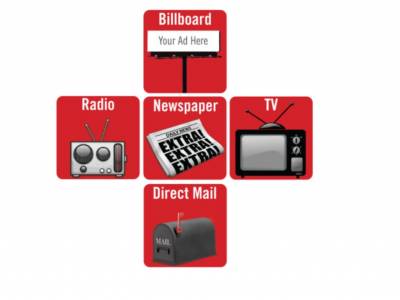
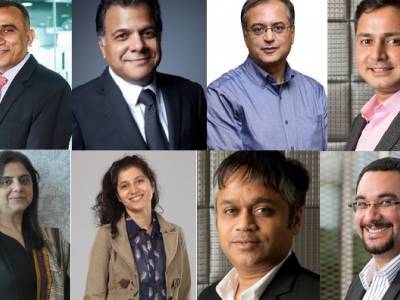

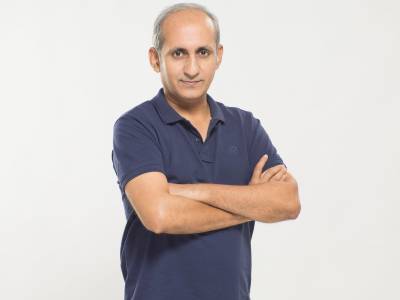
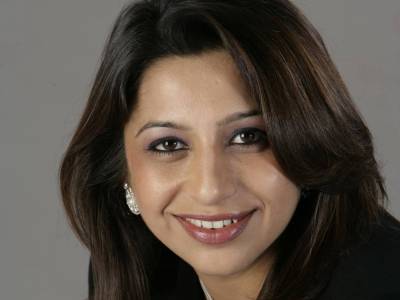

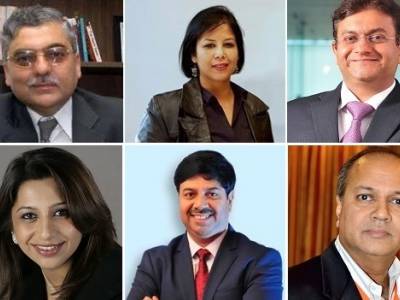
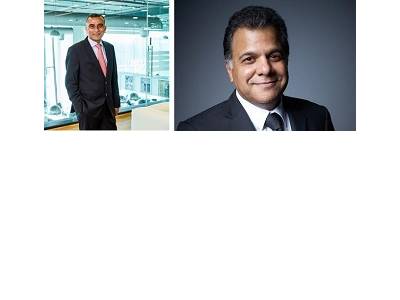
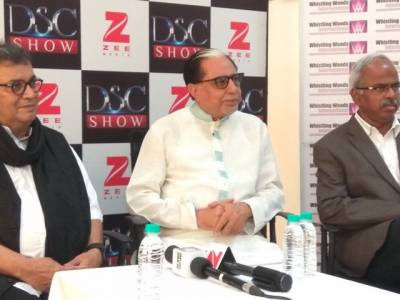

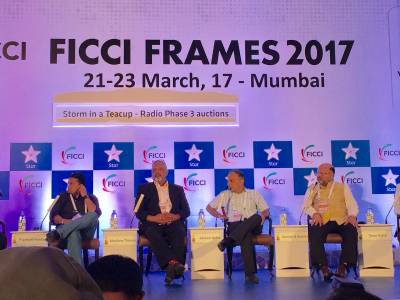




Share
Facebook
YouTube
Tweet
Twitter
LinkedIn